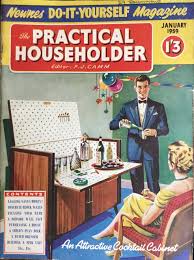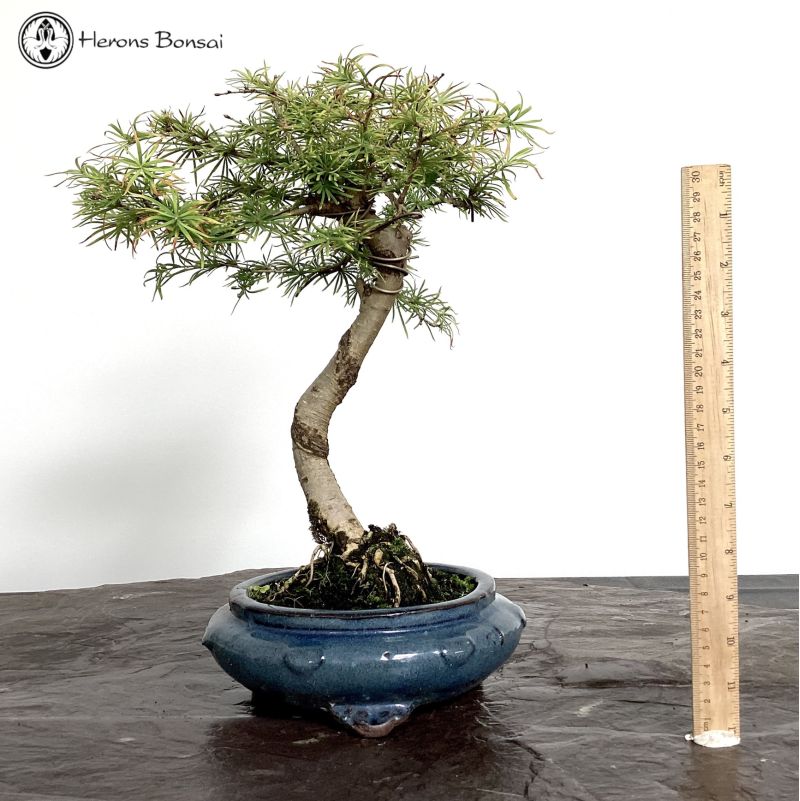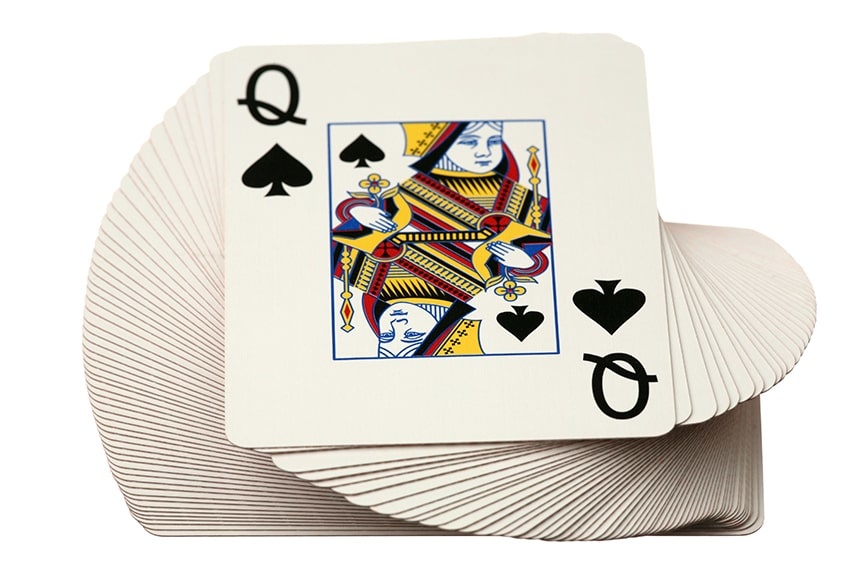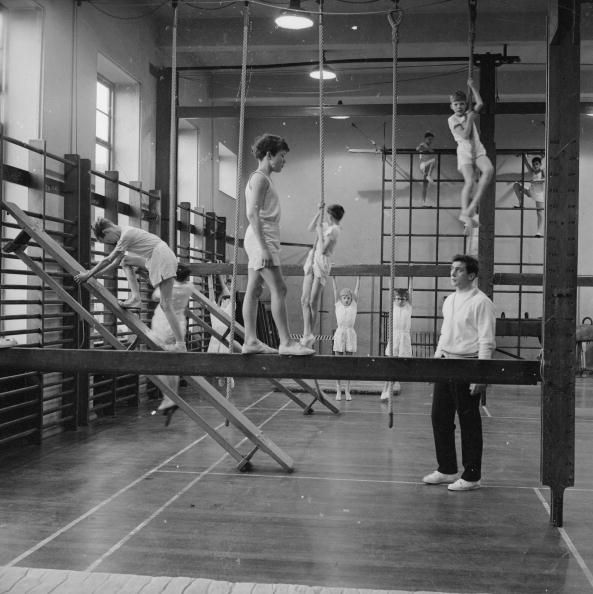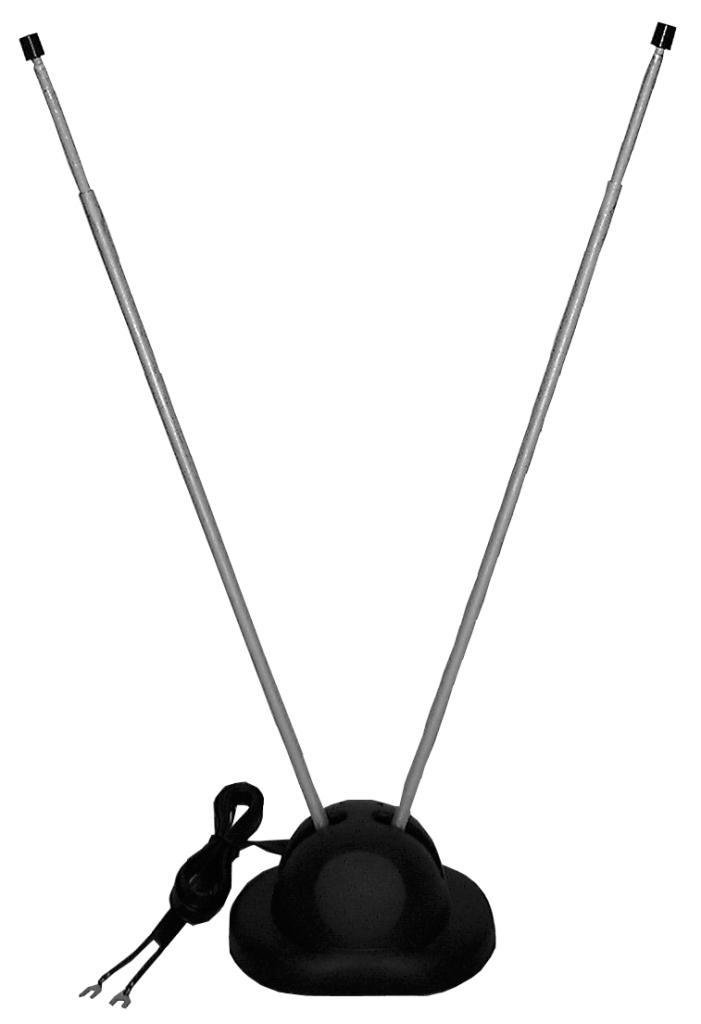
TV remote controls are more likely to be found down the backs of sofas these days than farthings; dead hamsters or a half-eaten sausage roll.
Back in the ‘60s (and ‘70s with the advent of colour) the TV control wasn’t remote; it was the youngest member of the family.
If you’d had enough of Coronation Street and fancied Compact, a small person was commanded to get up and physically change the channel. (There were more small people available as fewer people had functioning chimneys). If I couldn’t be bothered to get up, we’d watch whatever channel was on until the Epilogue came on.
When BBC2 started, channel changing almost became an aerobic activity as you were on your feet more.
TV repairmen were more in evidence back then too.
They would arrive, like doctors, with huge bags. These bags didn’t contain penicillin, leeches or enema kits, they contained valves and wire.
You learned words like contrast and brightness (the latter not being a word I heard much as a kid).
In my Balham flats there were giant aerials on the roofs, but there was still the need for an indoor aerial – unless you wanted to see four sets of Dangerman or see the animals from Tales of the riverbank strangely shivering or doing acrobats. They were talented, but NOT that talented.
The TV repairman made everything correct again and you were free to watch your programmes. What he didn’t do was thump the top of the set several times. And in return, you never said the words Radio Rentals – the TV repairman’s Macbeth or Voldemort.
Can you please hold that aerial still!

